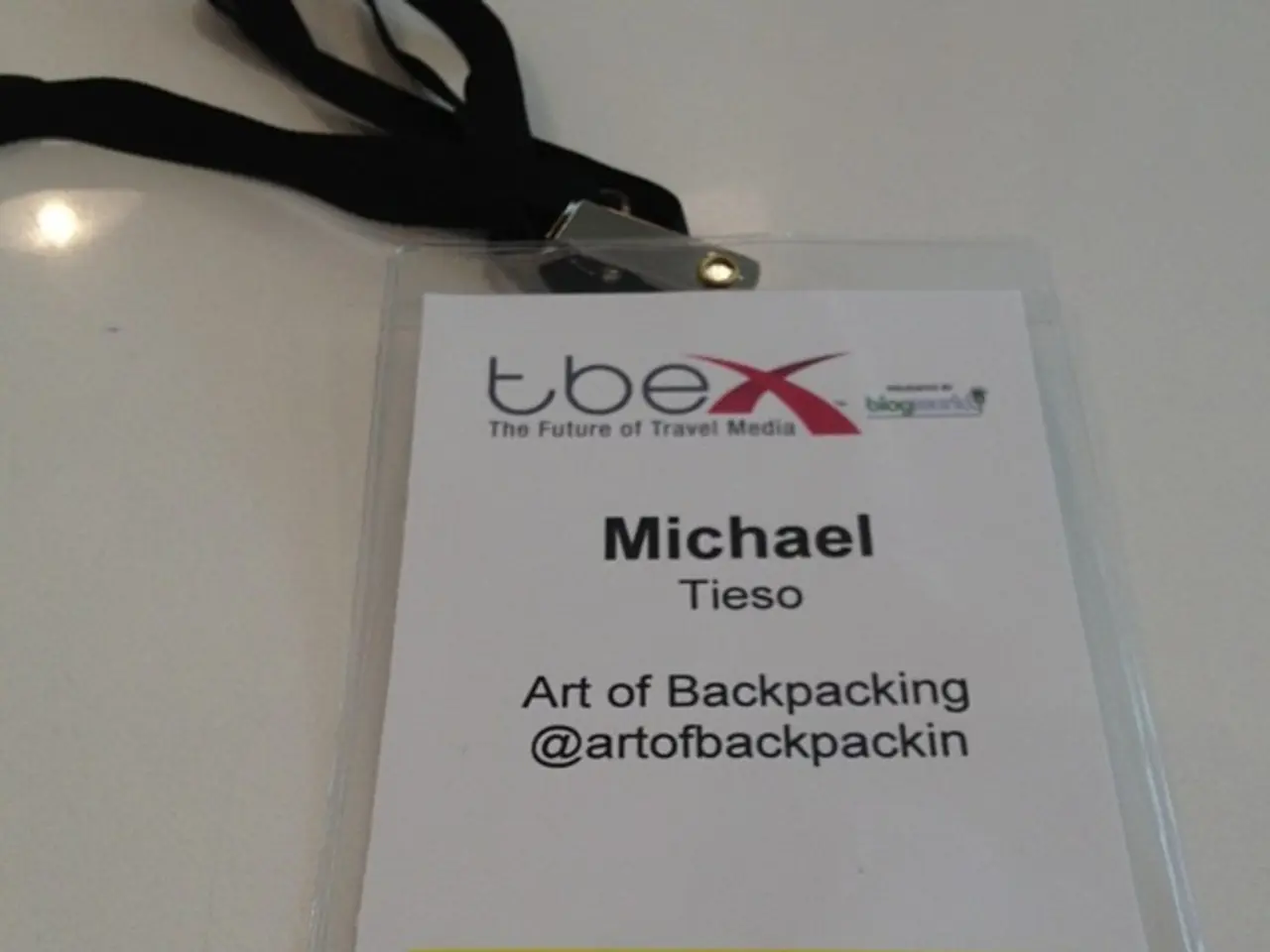African Independent Contractors Establish Digital Reputation
In the bustling digital landscape of Africa, freelancers are navigating unique infrastructure hurdles, such as limited internet access and costly hosting, to establish a competitive global online presence. Here's how they're doing it.
Adopting a mobile-first approach is key, as most Africans access the internet via smartphones. This means prioritizing mobile-friendly websites and services that function well with low bandwidth.
Cost-effective tools, such as open-source software, affordable cloud platforms, and project management tools, are also essential in keeping hosting and operational costs low while maintaining scalability.
Local partnerships with incubators, accelerators, tech hubs, and service providers help freelancers navigate unique regional challenges like unreliable internet and electricity. By designing workflows and deliverables that assume intermittent power and shaky internet, freelancers can ensure continuity in their operations.
Careful financial planning is crucial to handle irregular expenses from costly data plans, hosting fees, and power alternatives. This strategic management of cash flow helps avoid disruptions and build a strong online presence.
Despite the significant infrastructure challenges, including unreliable electricity and high internet costs, they can be mitigated through thoughtful tech choices, local collaboration, and strategic financial management. The growing digital infrastructure in Africa, driven by private sector initiatives in fintech, AI, and e-commerce, is expanding broadband and digital services, creating more opportunities for freelancers over time.
Success stories abound. Take, for instance, James Mutua, a full-stack developer based in Nairobi, Kenya. By building a GitHub portfolio showcasing five open-source projects, sharing weekly LinkedIn posts about coding challenges and solutions, and creating short video tutorials to explain coding techniques, he increased his LinkedIn following from 300 to 2,500 in just four months and improved his project win rate from 20% to 55%.
Sarah Okonjo, a digital marketing expert from Lagos, Nigeria, boosted her average project fee from $200 to $1,500 and secured $5,200 in monthly recurring contracts within three months by focusing her portfolio exclusively on SaaS content marketing, enhancing her profile with relevant keywords and professional certifications, and adding detailed case studies that highlighted clear, measurable client results.
AI tools are also proving beneficial, offering features like portfolio analytics, communication tools, and automated project management templates. These tools provide insights into market trends, helping freelancers identify their best work, adjust pricing, and refine their pitches based on data-driven insights.
Online platforms, such as Freelance marketplaces like Upwork and Fiverr, professional networking sites like LinkedIn, and social media platforms like Instagram and Twitter, offer a space for freelancers to highlight their skills and portfolios.
Moreover, online platforms offer tailored training programs specifically designed for freelancers in Africa, with flexible payment options, region-focused courses, and collaborations with industry leaders. Participants can earn certifications in areas like data analytics, cloud computing, and software development.
To overcome challenges like limited internet access and high competition in the global market, African freelancers can leverage creative strategies and maximize available resources. This includes building a strong online presence, focusing on niche markets, scheduling work during off-peak hours, and using co-working spaces with reliable internet.
In conclusion, despite the infrastructure challenges, African freelancers are thriving in the digital landscape, leveraging creative strategies, local partnerships, and the growing digital infrastructure to establish a competitive global presence.
By integrating technology tools such as mobile-friendly websites, open-source software, and AI-based portfolio analytics, freelancers can enhance their digital lifestyle and expand their education-and-self-development. Strategic financial planning, moreover, ensures they can afford operational costs and capitalize on emerging opportunities in Africa's burgeoning tech sector, like fintech, AI, and e-commerce.




